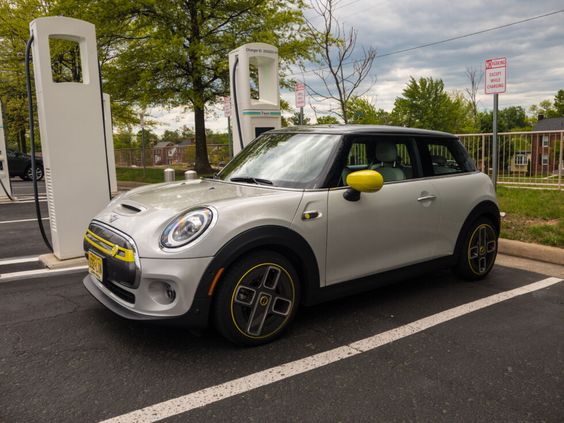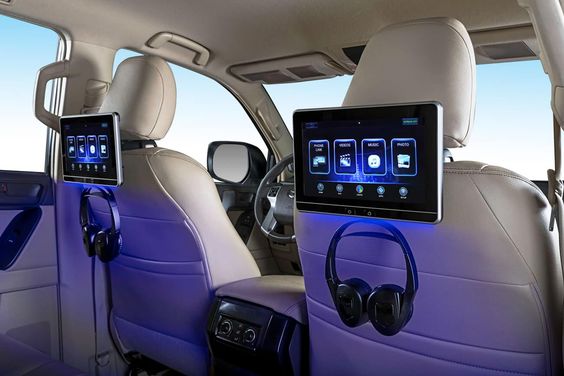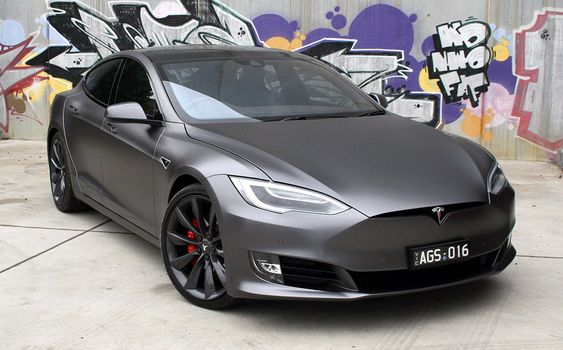Introduction
The electric car revolution is in full swing, with more and more people making the switch to eco-friendly transportation. But what does the future hold for this rapidly evolving industry? As technology advances and consumer demand grows, we can expect to see some exciting developments in the years to come.

From advancements in battery technology to the rise of autonomous driving, the future of electric cars is brimming with possibilities. This article will explore some of the key trends shaping the industry and delve into what we can expect to see in the coming years.
The Rise of Solid-State Batteries
One of the biggest challenges facing electric car adoption is battery range. While current lithium-ion batteries have made significant strides, they still fall short of the range offered by gasoline-powered vehicles. However, the future of electric car batteries lies in solid-state technology.
Solid-state batteries offer several advantages over traditional lithium-ion batteries, including higher energy density, faster charging times, and improved safety. These advancements could lead to electric cars with significantly longer ranges and shorter charging times, making them even more appealing to consumers.
The Integration of Artificial Intelligence
Artificial intelligence (AI) is poised to play a transformative role in the future of electric cars. AI-powered systems can optimize battery performance, improve driver assistance features, and even enable autonomous driving.
For example, AI can be used to predict and prevent battery degradation, ensuring optimal performance over the lifetime of the vehicle. AI can also enhance driver assistance systems, making them more responsive and intuitive.
The Future of Charging Infrastructure
As the number of electric cars on the road continues to grow, so too will the demand for charging infrastructure. To support widespread adoption, we need a robust network of charging stations that are convenient, accessible, and fast.
The future of charging infrastructure will likely involve a combination of public and private charging stations, as well as innovative solutions like wireless charging and vehicle-to-grid (V2G) technology. V2G technology allows electric cars to act as energy storage devices, feeding excess energy back into the grid.
Conclusion
The future of electric cars is bright, with exciting advancements on the horizon. From solid-state batteries to AI-powered systems, the industry is poised for continued growth and innovation. As technology continues to evolve, we can expect to see electric cars become even more affordable, efficient, and convenient, paving the way for a cleaner and more sustainable future of transportation.





